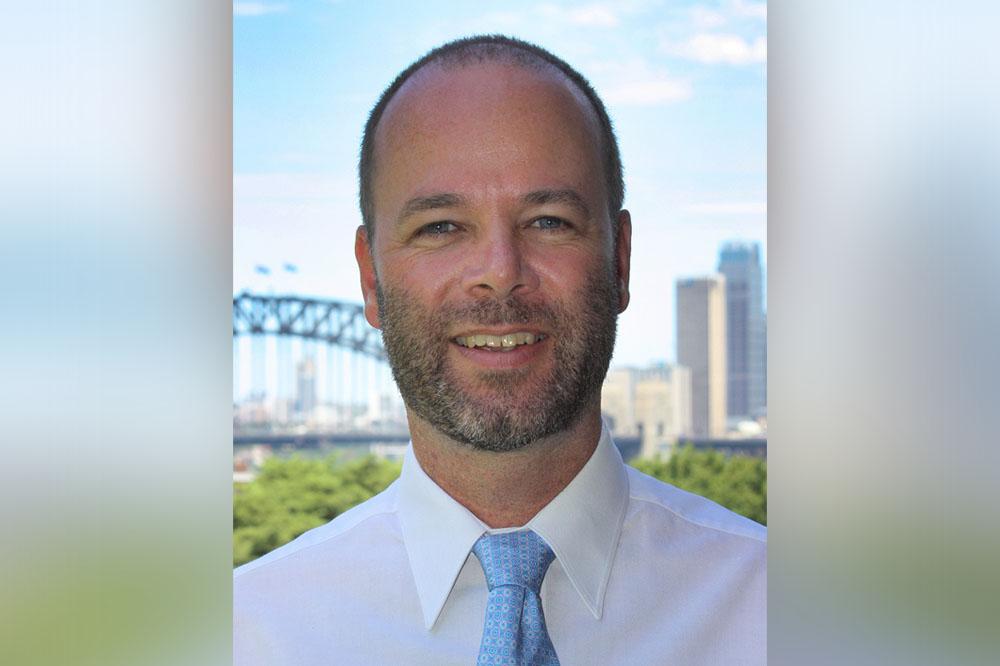
Recent events in the United States have drawn global attention to the need for greater social justice in a way that has mobilised young people and sparked a renewed push by schools to educate them about ways to address this issue.
Strong advocates of social justice often cite institutional racism and corruption as one of the most glaring, yet persistent, obstacles to achieving widespread social justice. Often, their calls are aimed at changing the behaviour of those at the top.
However, some educators are tackling some of society’s most pressing issues from the ground up by helping both teachers and students to develop ways of approaching this important issue that can make a meaningful difference in society.
One of these educators is Cameron Paterson, head of teaching and learning at the Shore School on Sydney's lower North Shore.
Last year, Paterson won a place on The Educator's Hot List 2019, adding to a string of other accolades, including the 21st Century Learning International Global Innovation in Teaching Award (awarded in China in 2016), a NSW Premier’s History scholarship and a top fifty nominee for the one million dollar Global Teacher Prize in 2015.
In addition to his current role, Paterson also co-leads the Project Zero Sydney Network, which provides free professional development for hundreds of educators annually.
Most recently, Paterson was announced a winner of the 2020 NGS Super Scholarship Awards, which recognise changemakers focused on creating sustainable art practices, empowering students to make successful choices and developing educator’ capabilities to challenge systems of oppression and power.
Paterson is currently engaging a Project Zero researcher to present a series of free webinars focused on the topic of ‘justice by design’. The initiative will enable participants to consider connections to their own teaching contexts and provides classroom resources to do this work with students.
“The Justice by Design initiative is a new research project at Harvard’s Project Zero. Thinking routines are used to consider power, systems thinking and participation,” Paterson told The Educator.
“Pulling systems apart helps us to understand how to unravel injustices in order to understand them. Students are encouraged to consider the complexities of identity and practice the disposition to speak up”.
Paterson said the initiative is also about “developing culturally sustaining pedagogies and learning how to see differently”.
“A key theme is that if you are not actively participating in dismantling systems of oppression, then you are complicit in perpetuating those systems”.
Paterson said this work has “real urgency” in the context of the current environment to the #MeToo and #BlackLivesMatter movements.
“I have seen in my own History classes, through Justice by Design approaches, students quickly become attuned to power, complexity, and perspectives, choose their language more carefully, and become more aware of what they bring to the table through their own identity,” he explained.
“Critical mending is a key practice. Last term my students critically mended a Stolen Generations’ diorama. Once this muscle has been practiced, their attention can turn towards critically mending some of the issues and tensions in their own lives”.
Looking ahead past the tumultuous year that has been 2020 and into 2021, Paterson said effective leadership will be about “accepting responsibility for enabling others to achieve shared purpose under conditions of uncertainty”.
“People do not resist change; people resist loss. Leadership is disappointing people at a rate they can tolerate. Our central learning challenge is now helping people cope with a faster rate of change,” he said.
“Instead of fixating on educating for the known, we need to educate for the unknown, for the kinds of thinking and understanding that foster nimble, adaptive insight in a complex world”.


